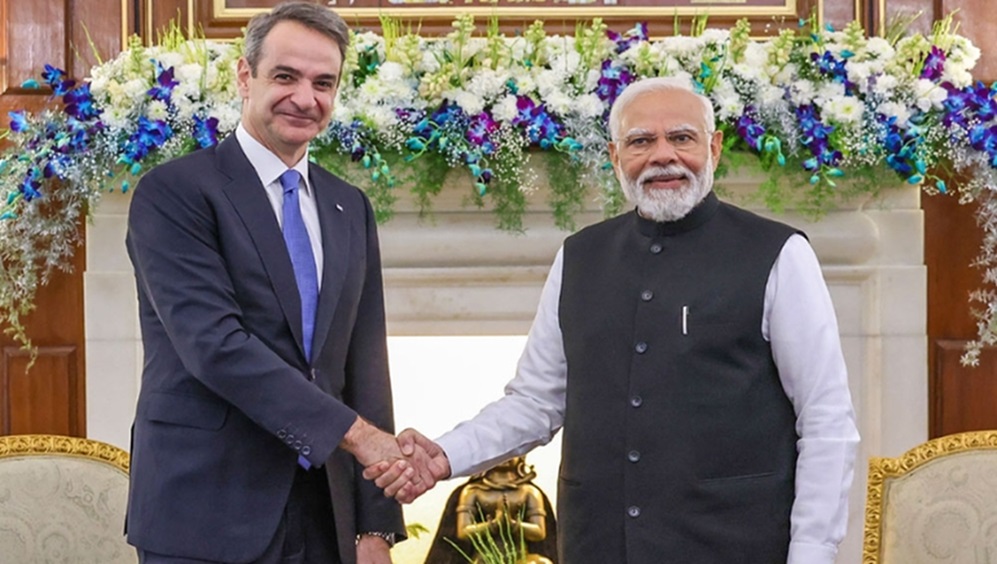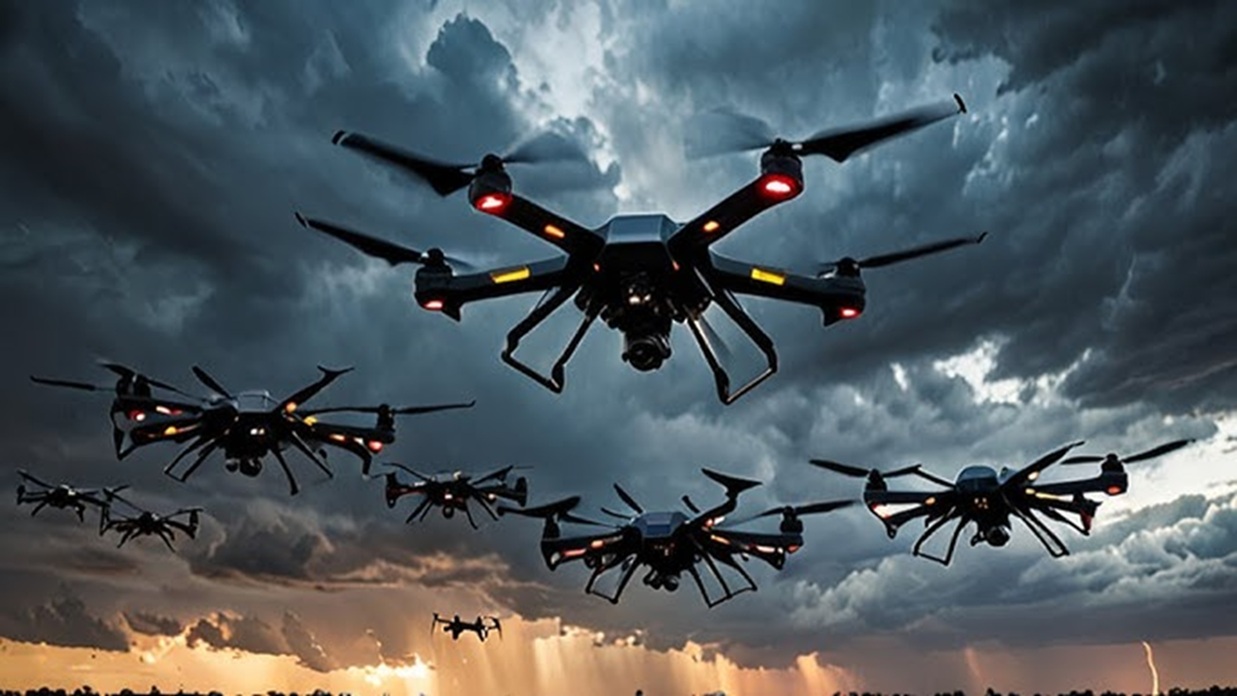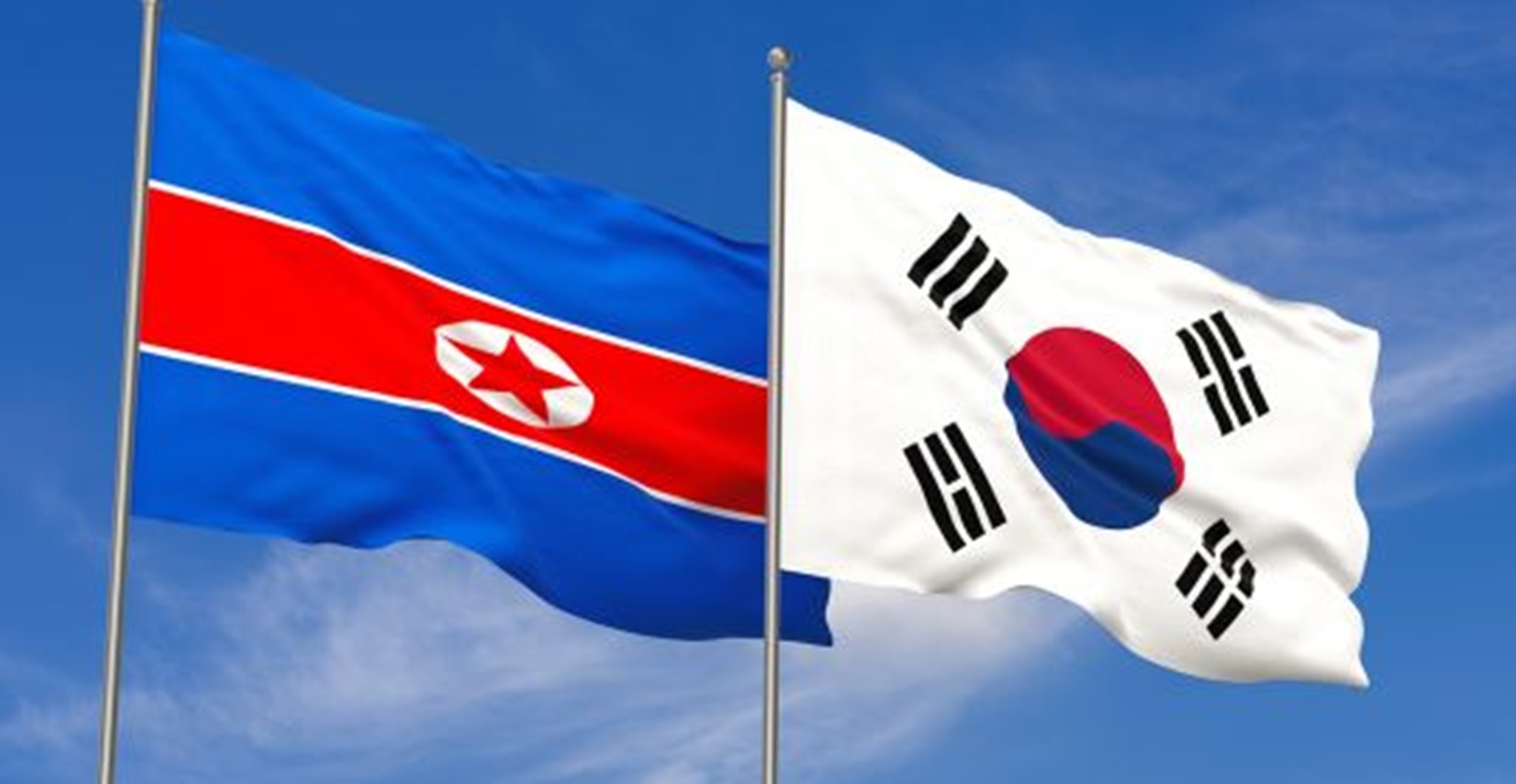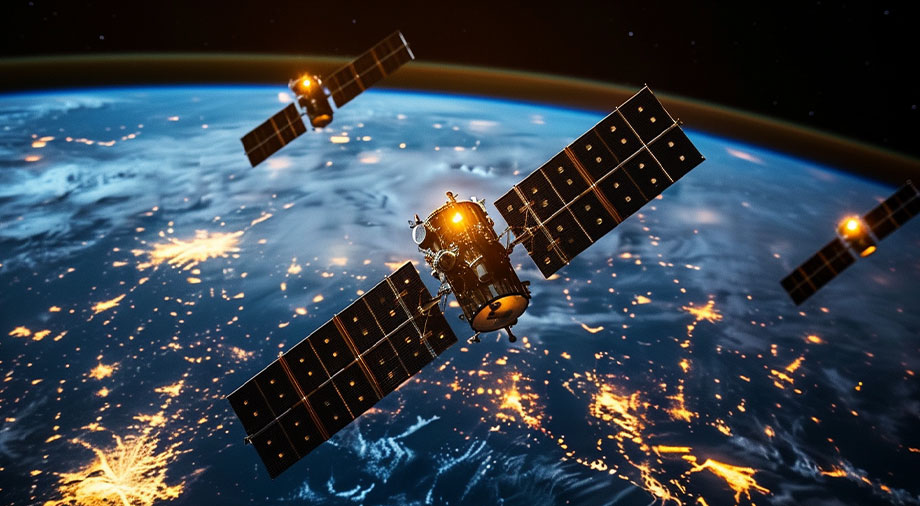India and Greece enjoy a historic, cultural, and civilizational partnership, even as two major maritime nations, which is acquiring greater significance in modern times as India, a resident power in the Indian Ocean, seeks a strategic connection to the Mediterranean, given the ever-volatile and evolving regional and global dynamics. She has been seeking reliable and like-minded partners in this quest. Greece and Egypt have emerged as two such nations, which PM Modi visited recently, catapulting the partnership into a strategic orbit.
Greek President Katerina Sakellaropoulo conferred the prime minister of India with “The Grand Cross of the Order of Honour”. India and Greece agreed to intensify their defence and security cooperation, especially in maritime security, counterterrorism, cyber security, and the defence industry. They also decided that there should also be an India-Greece dialogue framework at the level of National Security Advisors (NSAs).
As seafaring nations, they shared their vision of a free, open, and rules-based Mediterranean Sea and Indo-Pacific in accordance with the law of the sea, in particular the provisions of the United Nations Convention on the Law of the Sea (UNCLOS), and with full respect for sovereignty, territorial integrity, and freedom of navigation to the benefit of international peace, stability, and security.
It has been merely six months since the state visit of Indian Prime Minister Narendra Modi to Greece, and now Greek Prime Minister Kyriakos Mitsotakis is planning to reciprocate with a two-day state visit to New Delhi from February 21 onwards, 2024. This would be the first bilateral head-of-state/government-level visit from Greece to India after 15 years; the last prime ministerial visit from Greece to India took place in 2008. Prime Minister Mitsotakis’ visit is expected to further strengthen and deepen the strategic partnership between India and Greece, as per the Ministry of External Affairs of India.
In addition to collective meetings between both sides’ business groups with the Confederation of Indian Industry (CII) and the Federation of Indian Chambers of Commerce and Industry (FICCI), there will be B2B meetings between Indian and Greek businessmen. Economic engagement has to be the crux of any major partnership.
In this context, it is important to remember that a leading Indian company, GMR, is already involved, together with the Greek Company Terna, in the construction of the second largest airport in Greece, Kastelli in Crete.
This visit by the Greek prime minister will complete the latest phase in Indo-Greek relations, which began with the Indian prime minister’s visit to Greece last August.
The meeting will effectively confirm that the Greek and Indian leadership have opted to gradually inaugurate, step by step, a special strategic partnership between their two countries, of the sort that India currently maintains with only France and Germany.
Their closer communication will allow a substantial upgrading of relations after many years of inactivity—the last state visit by a Greek prime minister to India was by C Simitis as far back as 2001—and this one can lay the foundations for a new era of strategic cooperation and economic partnership between the two countries.
This will certainly be important for both sides, but it will also allow Greece to establish a privileged relationship with India, which is expected to be the world’s third-largest economy by 2030.
The areas on which this cooperation could have a positive impact extend beyond the political, economic, and commercial spheres to include all-round military cooperation and the related development of areas of bilateral engagement, including exercises and exchanges, given that units from the naval and air forces of the two countries have been taking part in joint exercises for a number of years. The Indian Navy’s Kolkata class destroyer ship INS CHENNAI was at Souda Bay in Crete on July 27–29 and held exercises with the Greek Navy in the Mediterranean and Aegean Seas. The crew of INS CHENNAI also laid a wreath at the Commonwealth Souda Bay Memorial in Crete to pay homage to the fallen Indian soldiers that fought in the British-led efforts to resist the Nazi invasion. Earlier in November 2022, India participated along with many friendly countries in the “MEDUSA 12” military exercises between Greece and Egypt, in which Cyprus, the US, and Saudi Arabia participated.
The Greek prime minister’s visit will also allow further discussion on where the IMEC (India Middle East Europe Economic Corridor) project should go from here, as well as on political, structural, and practical aspects of the creation of the economic corridor connecting the Indian Ocean to the Mediterranean Sea, which was decided on the sidelines of the G20 last September. Only this week PM Modi was in the UAE for his 7th visit when a Framework Agreement on the IMEC was signed and special projects for port developments and energy transit were also inked. India is seriously continuing with the UAE and other partners, including Greece, on this vital connectivity corridor despite some hiccups due to the ongoing Israel-Hamas war and consequent brakes on rapprochement between Saudi Arabia and Israel.
This project concerns Greece directly, given that the corridor—which is, of course, expected to involve other countries along its route—will connect with Europe in Greece, making it an important commercial channel and entry point for Indian products destined for Western and Eastern Europe.
All these initiatives have a strategic depth to them and—international conjuncture permitting—prove that we are on the verge of a new and important phase in Indo-Hellenic relations, which could certainly be beneficial in any number of areas for both sides. It would perhaps be useful to establish either Track 1.5 or 2 dialogue mechanisms between India, Greece, and Egypt, or, for that matter, Israel, to study the implications of emerging threats and challenges and recommend collaborative possibilities. Greater collaboration among the think tanks would also be desirable.
Over and above political and economic relations, there will certainly also be cooperation in the cultural, academic, and touristic spheres, which will encourage and facilitate the creation of the appropriate infrastructure, as well as at the level of civil society, given the two nations’ significant historical and cultural contribution to world history.
Title image courtesy: Adis One
Disclaimer: The views and opinions expressed by the author do not necessarily reflect the views of the Government of India and Defence Research and Studies

Joint Author: Amb Yannis Alexis Zepos is the former Secretary General of the Greek Ministry of Foreign Affairs and former Ambassador to India
Article Courtesy: First Post





